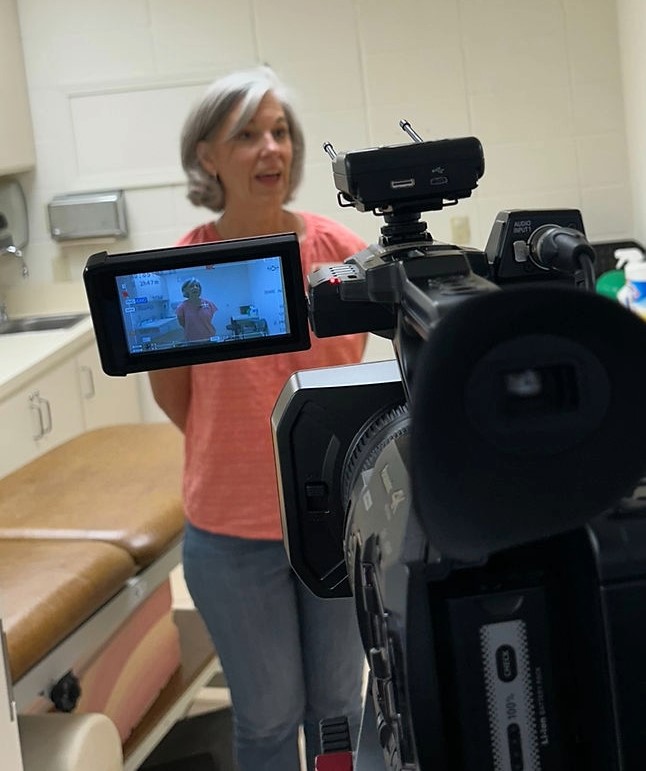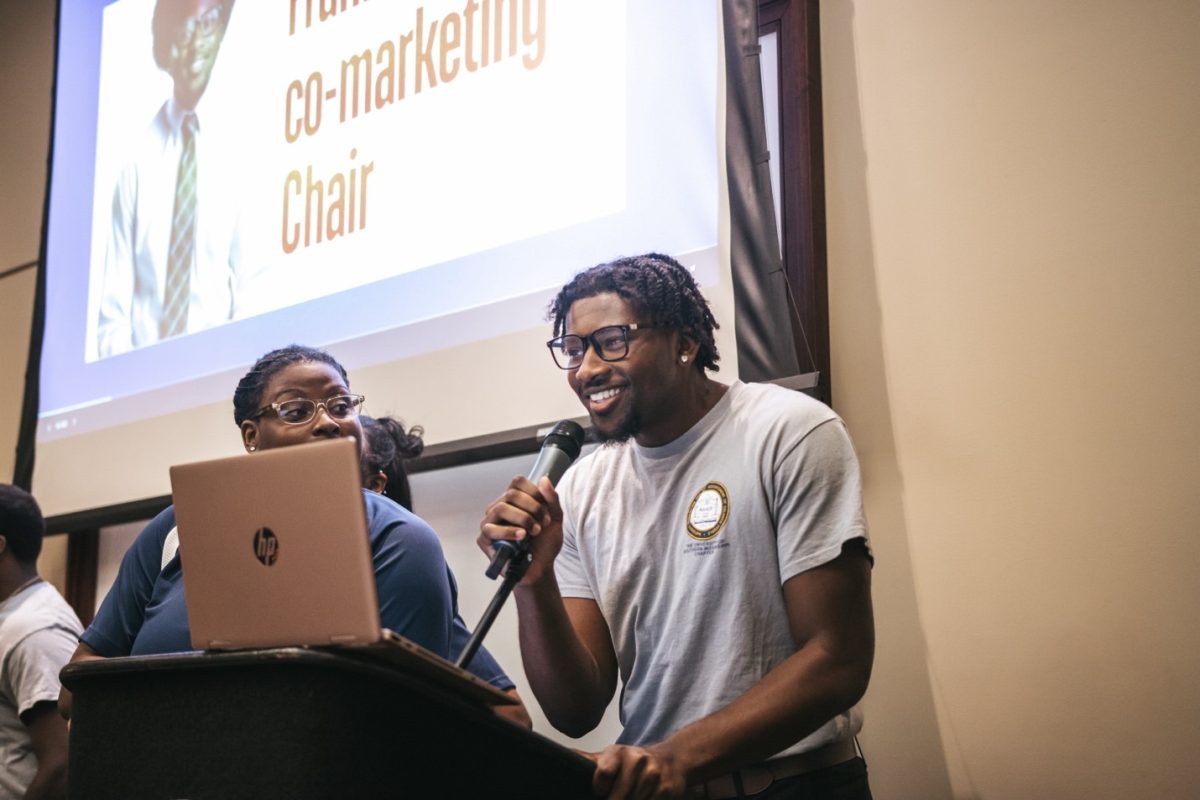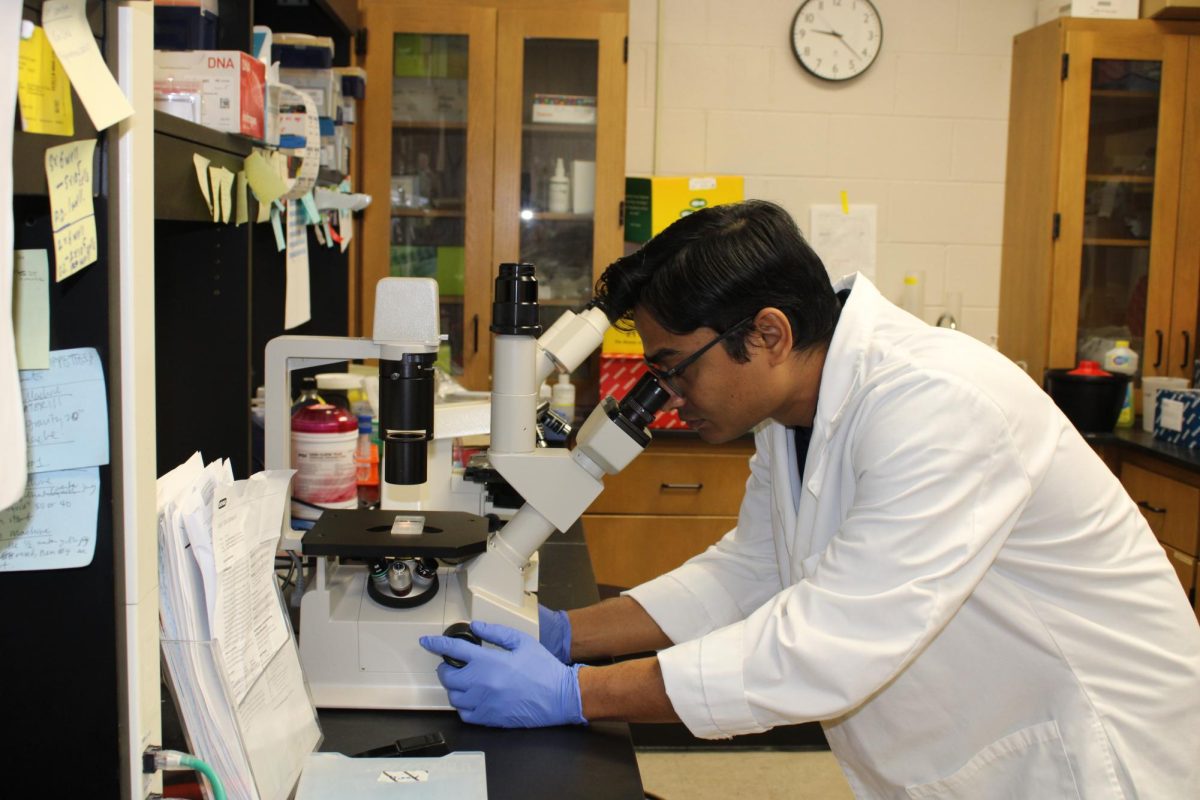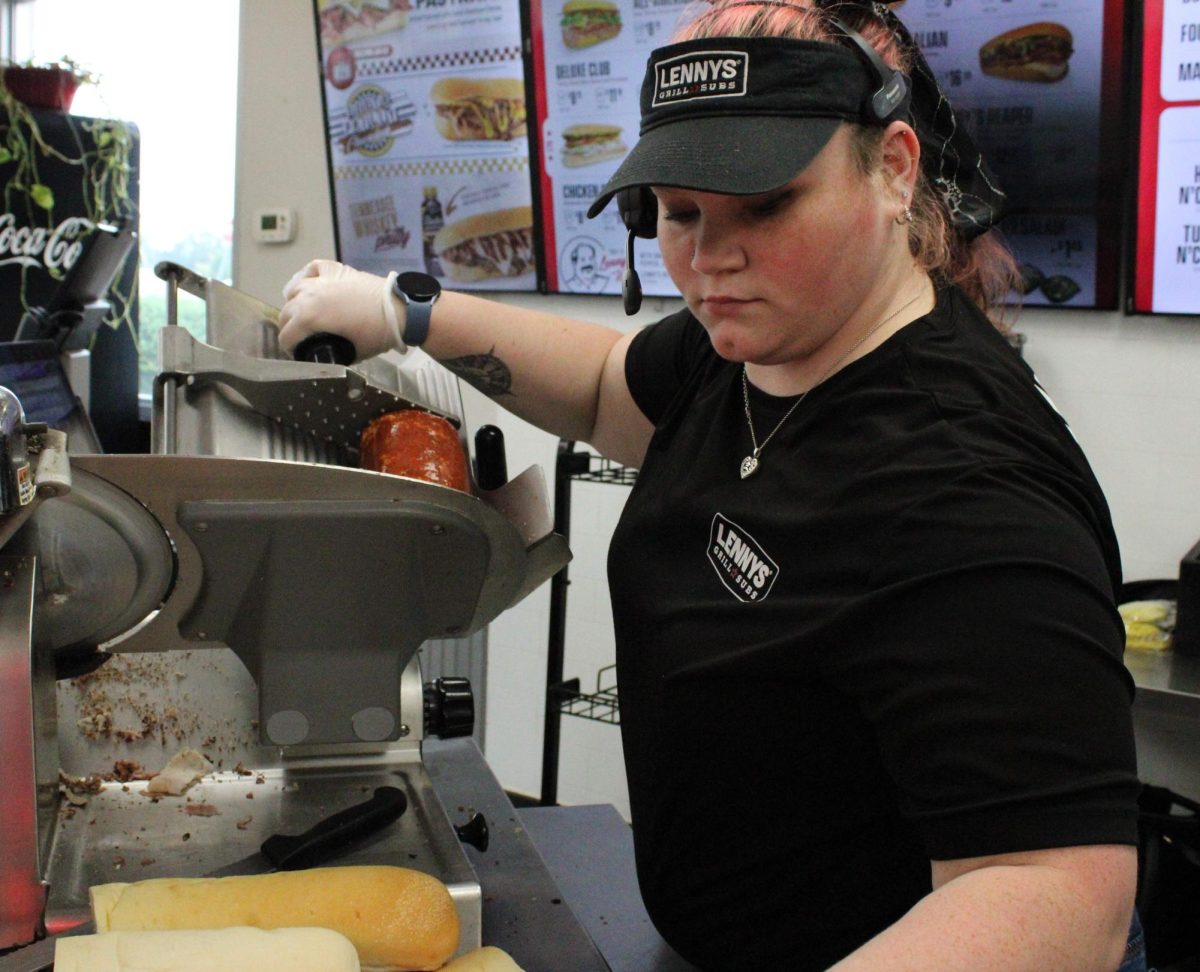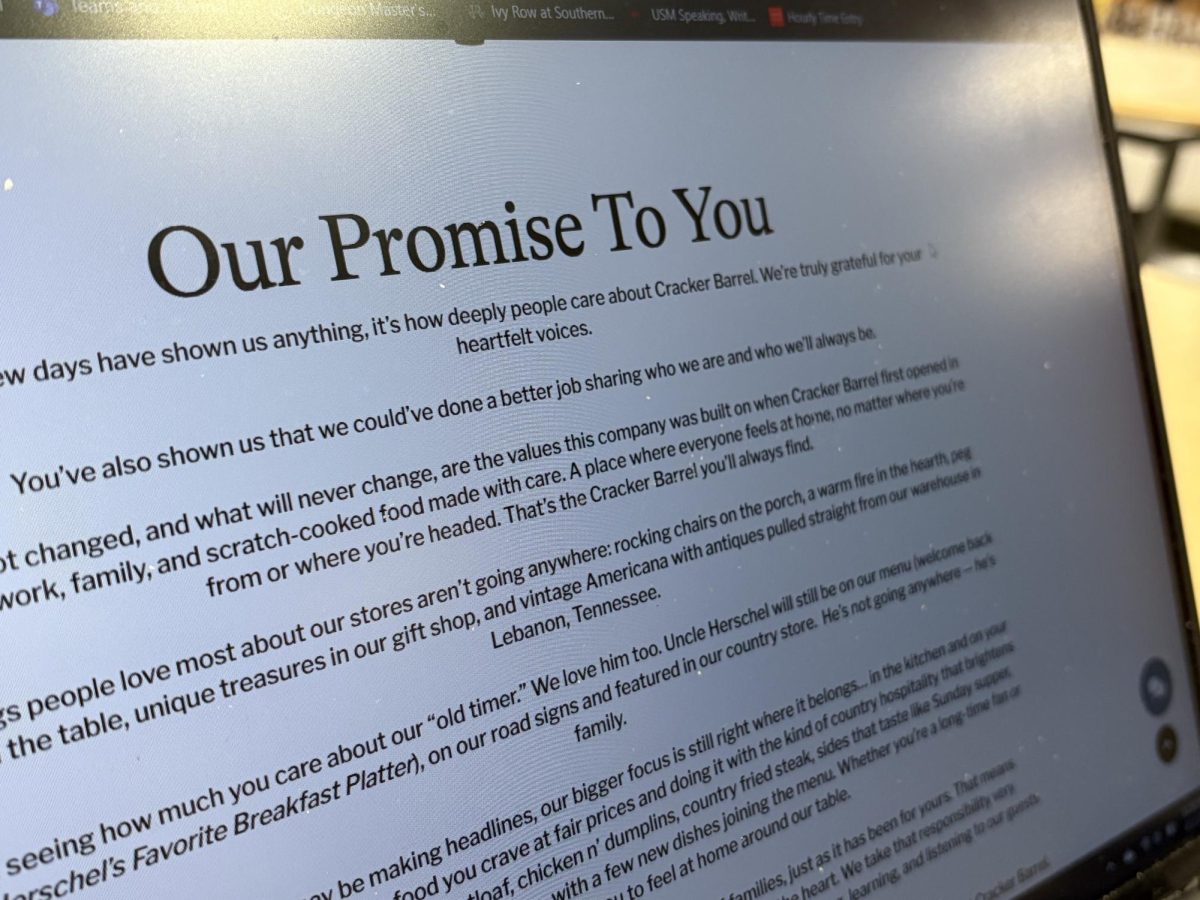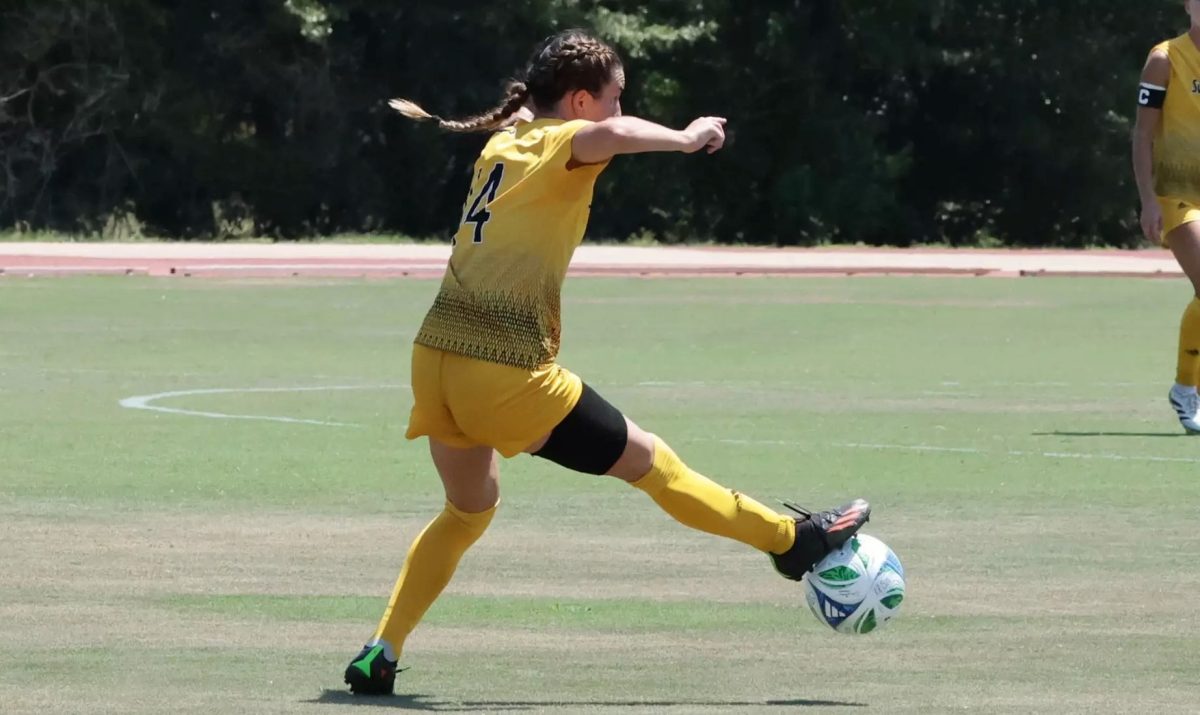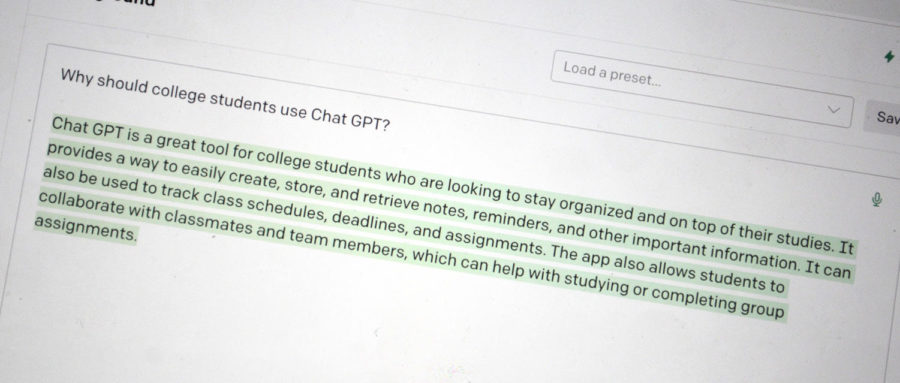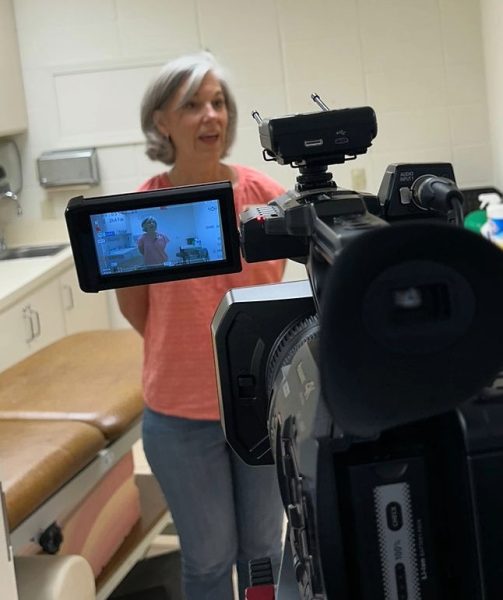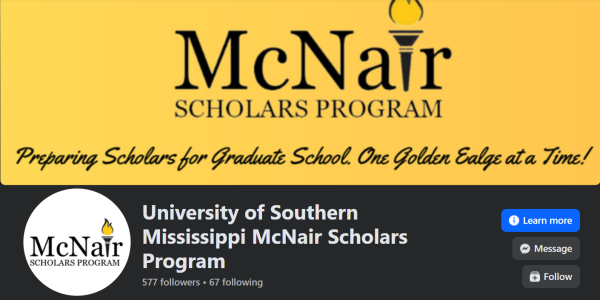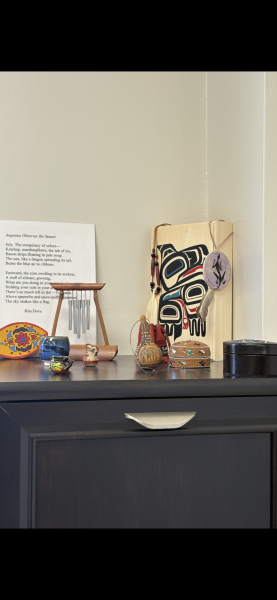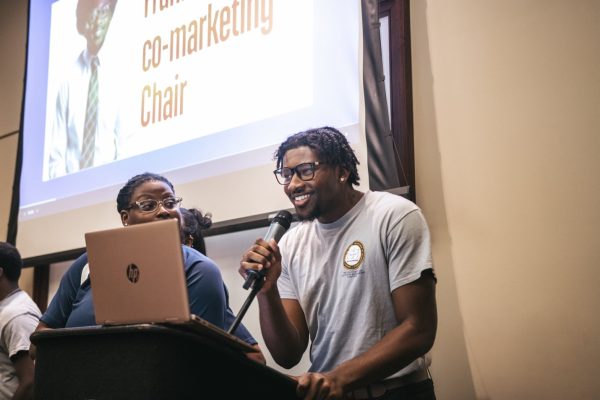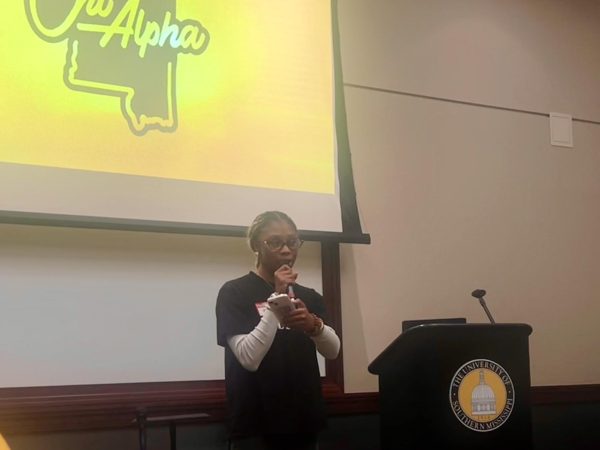USM faculty and staff raise concerns about the latest artificial intelligence tool ChatGPT
Have you heard of ChatGPT? It is an artificial intelligence bot released in 2022 that helps people write and complete assignments with little or no effort.
However, ChatGPT is a tool that pulls information written by others from the internet and creates a generic response for the given question. In other words, plagiarism.
ChatGPT raised a lot of attention in January 2023 and is now causing teachers and professors to become concerned and worried about the future learning of students.
The University of Southern Mississippi faculty and staff members are raising awareness about ChatGPT and are taking necessary precautions to detect if the software is being used on student writing assignments.
Dr. Denis Weisenburg, the president of the USM faculty senate and professor of Marine Science, said the senate has not “considered” individual faculty are “concerned if students might use ChatGPT.”
“I think right now it’s being handled through the Associate Provost Office, and it’s not really on the agenda for the Faculty Senate at the moment,” said Weisenburg.
To see it from the student’s perspective, Weisenburg accessed the software himself.
“‘What would the tides be like if the moon were twice its mass?’ I punched that in as an example, and it actually gave a pretty coherent answer. So it’s obviously a tool that could be used if students wanted to use it, which I hope they won’t, to do some of their written assignments,” Weisenburg said.
The concern mostly stems from students being busy with jobs, classes, and social life and not having enough time to spend on homework assignments. He is concerned students will look for an easy alternative to complete homework.
If students use ChatGPT, it is a violation of the USM academic integrity policy and there are consequences, such as getting a zero on the assignment and a failing grade for the class.
“It’s critical thinking skills that we try to foster in our students, and so using ChatGPT to do that for them wouldn’t help them in their learning,” Weisenburg said.
The USM student academic integrity policy states: “Academic misconduct involves deception to improve a grade, earn course credit, complete a degree, or create an unfair academic advantage for oneself … Because of the many forms of academic dishonesty that exist and because rapid technological changes constantly shift the possibilities for misconduct, it is difficult to anticipate and define all possible violations of this policy.”
Weisenburg is not the only professor expressing their thoughts on ChatGBT.
Dr. Hugh Broome is the associate director for the Center of Faculty Development as well as USM’s academic integrity officer.
Broome is concerned students might use ChatGPT to complete writing assignments and earn a good grades.
If a student used ChatGPT on his assignments, Broome would have a discussion with the student to gain an understanding of what is going on. He would report the student if he communicated the expectations of not using ChatGPT.
However, Broome thinks ChatGPT can be a tool to make students think more critically about writing.
“If you just enter a prompt into ChatGPT , it gives you a very broad response. And oftentimes, the writing is very stilted. It doesn’t read very well. It doesn’t have a “voice,” as we would say sometimes as a faculty member. But if you continually prompt ChatGPT and critically ask it to include certain things in the writing, the writing does improve, and that’s a process we want our students to do with their own writing,” said Broome.
Broome believes there are other uses for ChatGPT, such as showing students an essay or creative work done by the software and have students deconstruct it and examine its shortcomings.
Broome thinks that “with little effort, little know-how, and intuition,” faculty can redesign their writing prompts” and prevent students from using ChatGPT.
“I think it can be used, but I think faculty are going to have to clearly communicate what are the expectations. And I think students are going to have to ask the faculty, ‘can I use this in your classroom? Is this okay?’ because I don’t think, I don’t think anyone fully understands what is okay and what isn’t okay at the moment,” Broome said.
Dr. Matthew Casey is the director of the School of Humanities and is a History professor. Casey is among the multiple professors concerned about ChatGPT. He thinks when a student puts their name on work not written by them, it goes against academic integrity policies.
“If you’re not doing that, then even if you get away with it, you’re then not learning in your class at all. You’re not learning anything. The writing process is so important, and you’re missing out on that,” said Casey.
Casey researched and discovered that ChatGPT pulls all types of information from different websites of people’s written work into one big chunk of answers.
“Before you use ChatGPT, just ask your professor for an extension before you do something dumb and get busted for plagiarism. Just ask for more time. And they might say no. But at least you didn’t plagiarize,” Casey said.
Casey believes if someone wants to write something meaningful for others to read, the writing has to come from the person with authentic feelings. It is hard for artificial intelligence to write authentically.
“That’s the most powerful thing about youth is that you’re finding yourself, and you are yourself. And so why on earth would you put forward something with your name on it that’s ChatGPT, since that goes against every other thing about you?” Casey said.
Your donation will support the student journalists of University of Southern Mississipi. Your contribution will allow us to purchase equipment and cover our annual website hosting costs.





